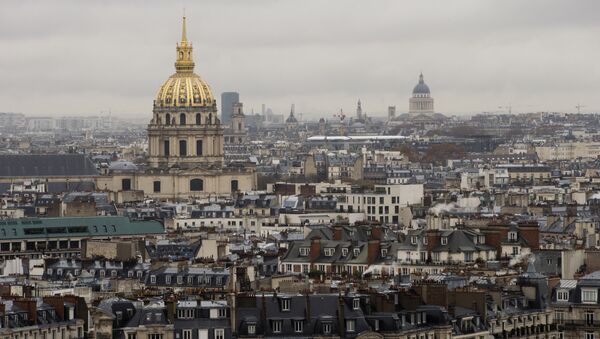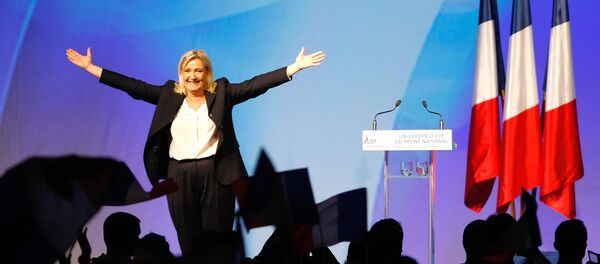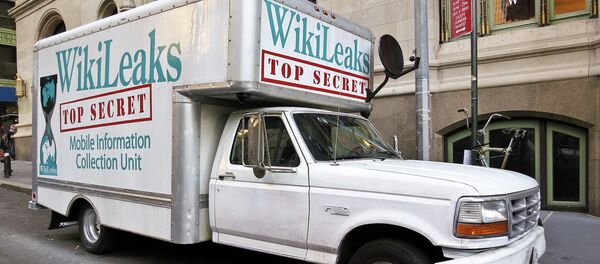"France is reaching now the end of a government, the end of a presidency. The atmosphere in France is very febrile, very feverish. And I think you've got a government in France which is on the back foot, a president who is extremely weak. You have an entire political establishment in France which is very perplexed and doesn't know how to react to what is happening. There is one surprise coming after another," he detailed.
This is why "it is not entirely unexpected that [French authorities] will try and shift the focus on to other things or will try and look at issues, raise issues, possibly red herrings in order to frankly distract the public from the inability of the political class to manage the crisis that France is in because France is in a very significant crisis," the analyst said.
Earlier this week, Foreign Minister Jean-Marc Ayrault warned that Paris could retaliate if a foreign power tries to meddle in the French internal affairs.
"We will not accept any interference whatsoever in our electoral process, no more from Russia by the way than from any other state. This is a question of our democracy, our sovereignty, our national independence," he said. "No foreign state can influence the choice of the French; no foreign state can choose the future president of the Republic."
The presidential election in France is scheduled to take place on April 23, with the second round expected to be held on May 7.
Raymond further commented on recent reports that the Central Intelligence Agency (CIA) spied on key French political parties and their leaders during the 2012 presidential campaign.
"Everybody actually expects this. I imagine that they are doing this all the time. If they are prepared to listen to the phone calls of Angela Merkel, why wouldn't they be prepared to listen to the phone calls of French political leaders and their parties? I don't think that there is any surprise there at all," the analyst said, adding that the US also spied on Charles de Gaulle during World War II.
"If [policymakers in Washington] had gone through the usual channels and actually asked their own people, diplomats and others on the ground, they would have probably got a more accurate understanding of what was going on. It is curious, it is strange. I can't pretend to understand it. All I can say is I don't think it enhances their understanding of the situation in France," he noted.
Have you heard the news? Sign up to our Telegram channel and we'll keep you up to speed!



